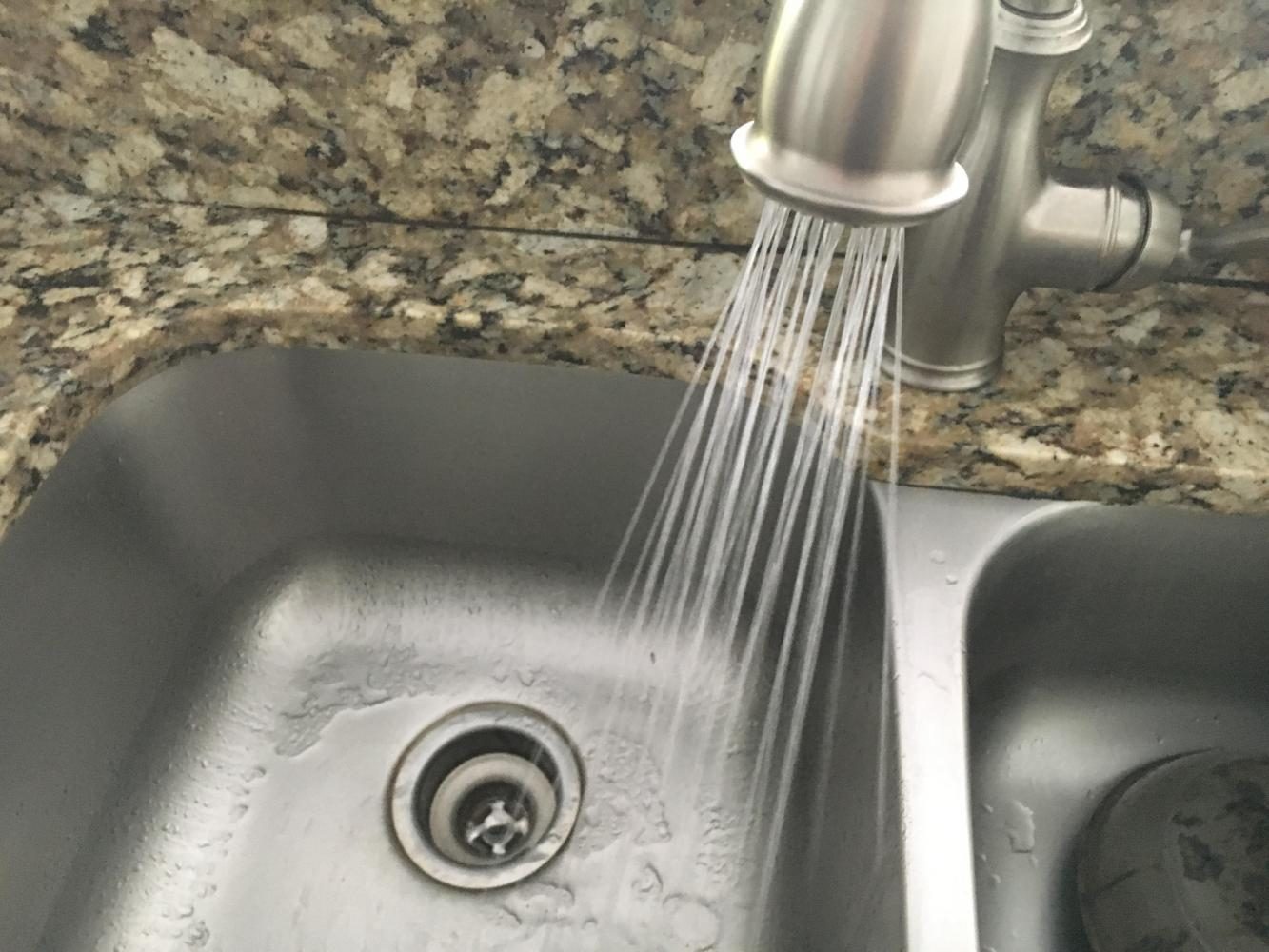Mount Pleasant Water Tested for Possible Contamination
August 27, 2017
Speculation about the presence of cancer-causing chemicals in Mount Pleasant water migrated to social media over the course of several weeks.
Mount Pleasant residents took to social media to voice their concerns about possible contaminants in the city’s water. The worries sprung from a perceived increase in brain cancer cases. The so called “cancer cluster” left some parents of affected children looking to chemicals in the water as the culprit.
“We had no reason to believe that there were pesticides in the water. We had been sampling for pesticides for years and had never had a detection of any pesticide within our water,” said Clay Duffie, general manager of Mount Pleasant Waterworks.
Some even bought at home kits to test their water, and claimed positive results for pesticides. But Duffie said water kits are not always correct.
“We do not approve of test kits being used as quantitative analysis of any compound within water, they’re unreliable and obviously those general residents are not trained on how to interpret results,” Duffie said.
Still, Mount Pleasant Waterworks tested the supposedly contaminated water in addition to other sites.
“We went out, and we collected 10 samples from those five customers that said they had pesticides in the water,” Duffie said. “And obviously those results came back non-detect. Charleston water systems and the DHEC also collected pesticide samples on source water and different neighborhoods within th H 41 are, and all of their samples came back as non-detect for pesticides or herbicides.”
Following the concerns, S.C. DHEC [Department of Health and Environmental Control] sent eight samples to an outside lab in Indiana which screened for 19 types of pesticides, all of which came back negative. The agency regularly tests for contaminants at five of the eight locations.
Tensions rose again when at a press conference, a customer presented a sample of water he had had analyzed at a local laboratory that claimed positive results for the pesticide Genex.
“Water chemistry is pretty complex… you’re talking about minute, miniscule concentrations of compounds within the water, “ Duffie explained. “The report that he had had reported the presence of Genex, but that was below what’s known as the ‘reportable limit.’ So once we looked in detail at the report, we were able to surmise that…that information should not have been reported that way. We went ahead and sampled for gen X in three areas within our distribution and found no detection of Gen X.”
Charleston’s water is supplied from the Middendorf aquifer and is purified through a “reverse osmosis” process.
“Reverse osmosis is a membrane technology. Similar to how your kidneys work with osmosis, the membranes filter out basically on a molecular level all the unwanted compounds that are in water,” Duffie said. “We take water from the aquifer which is 1800 feet deep, and we’ve been told by geologists that that water in that aquifer is somewhere older than 45 thousand years old. So, we don’t think there’s any possibility you could have pesticides in it to begin with… I don’t think cavemen were doing pesticide control back then.”
Later, environmental activist Erin Brockovich drew attention to the complaints in Mount Pleasant and claimed that the city used groundwater contaminated with pesticides.
“She’s not a scientist she’s not a hydrogeologists, she’s not a water chemist, so she uses scare tactics with social media to try and discredit Mount Pleasant Waterworks, and is still doing so,” Duffie said. “That’s unfortunate that people do listen to her and take what she says at face value. Because she’s put out so much misinformation and lies… I would hope people would turn her off.”
Duffie said that despite the rising concerns, Mount Pleasant Water has remained confident in the quality of the city’s water.
“We knew there was just no way there could be pesticides in our groundwater and obviously reverse osmosis is a great technology and it would be able to take out most of those compounds anyways,” he said. “So, we had all confidence that there was no pesticides in the groundwater.”
Duffie encourages families of those battling cancer to join with DHEC’s cancer registry. The registry tracks different forms of cancers and determines if there is in fact a “cancer cluster” in a given area.
“Based on the information they had previously, they determined there was not a cluster of brain cancers within Mount Pleasant. We hope that people…contact DHEC and populate the cancer registry so that DHEC has more information to analyze,” Duffie said. “We hope that the families can find some answers about their children with cancer, we certainly sympathize with them.”










































